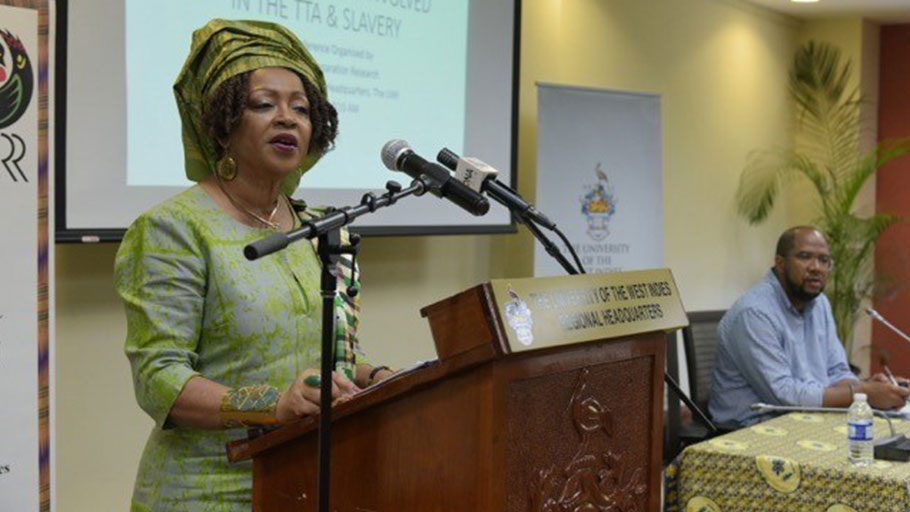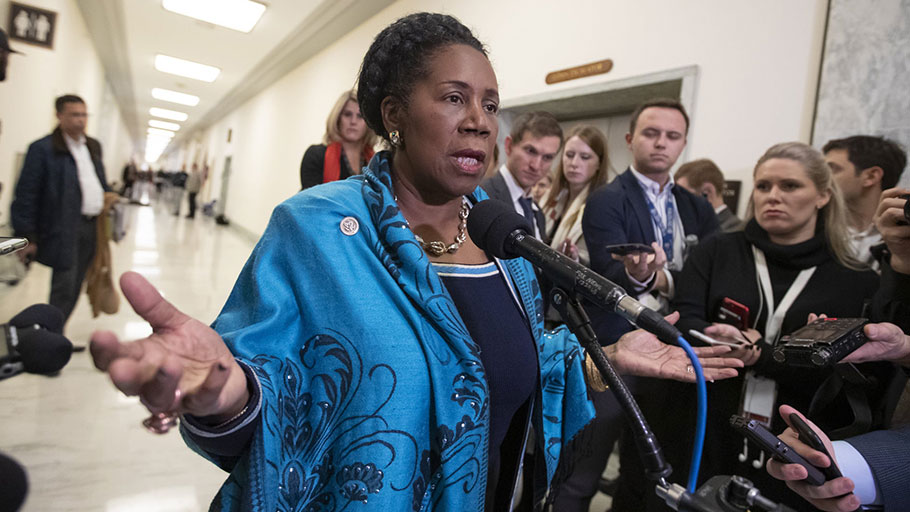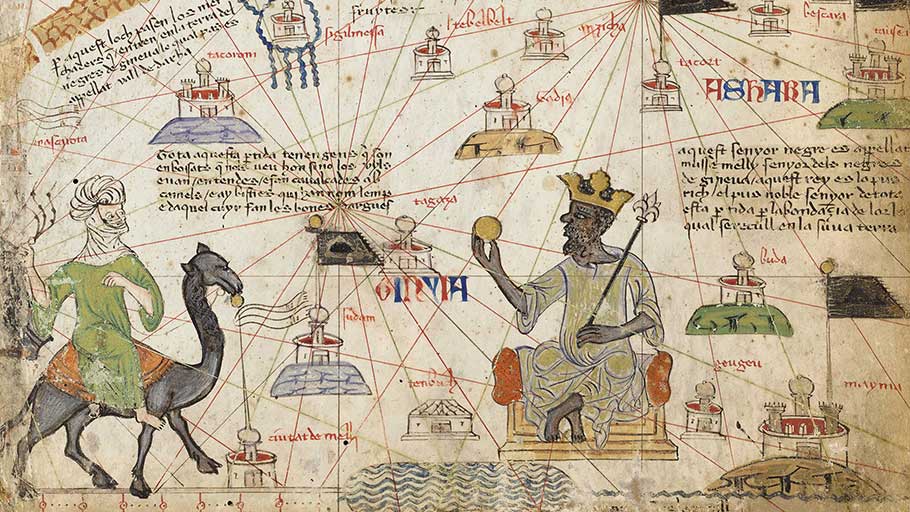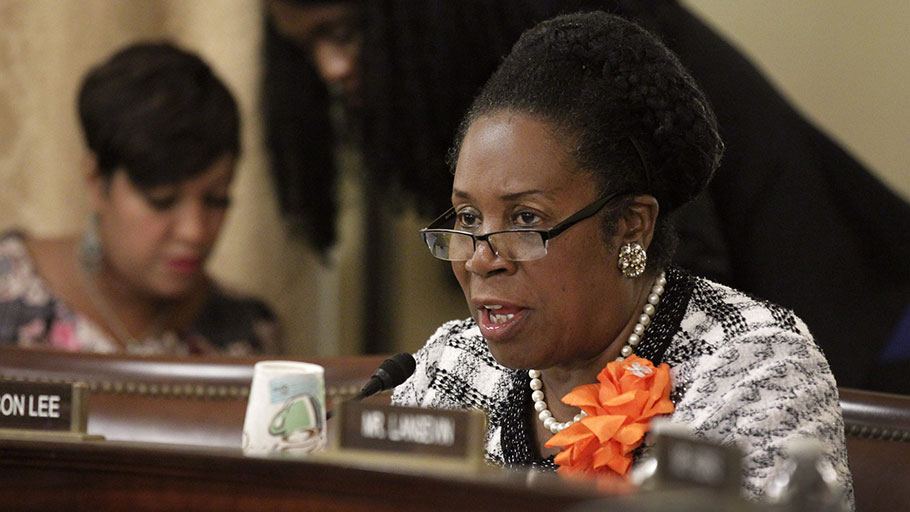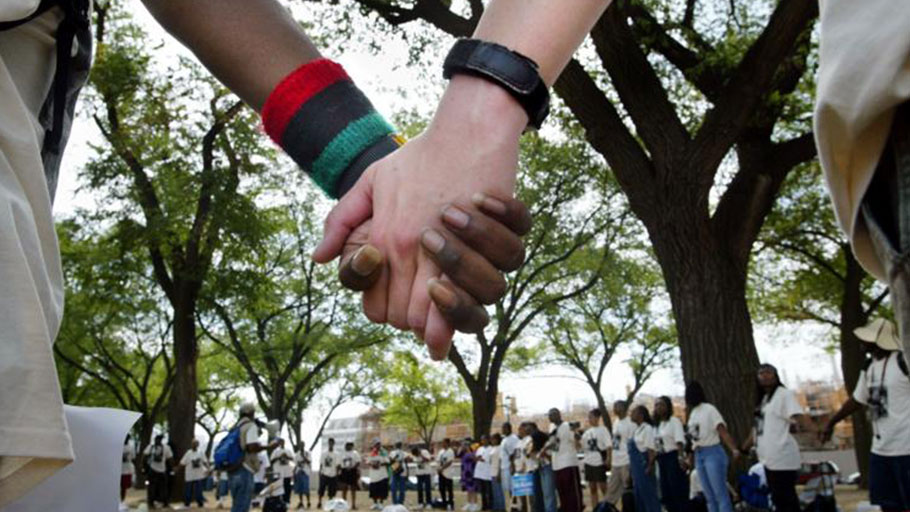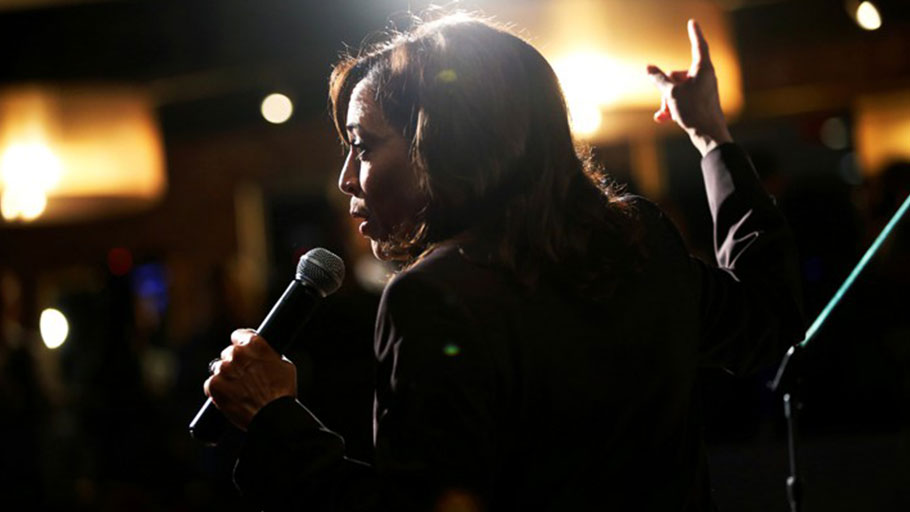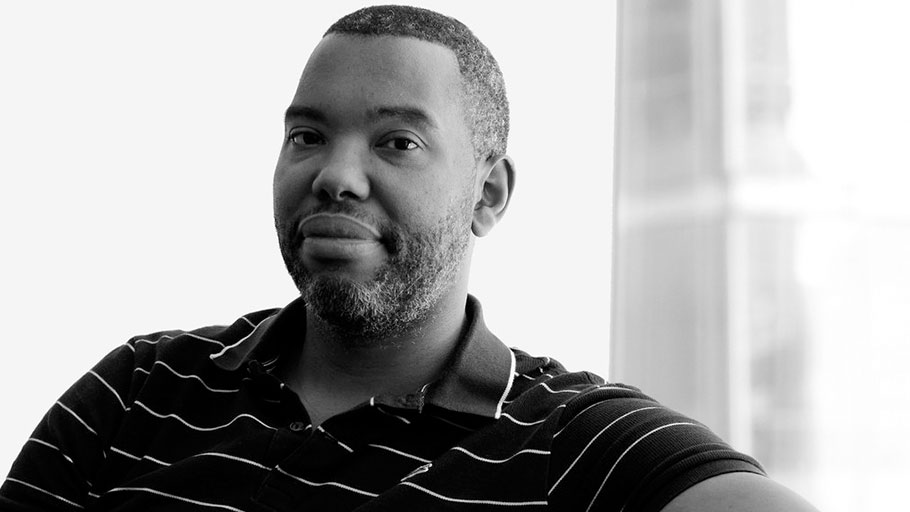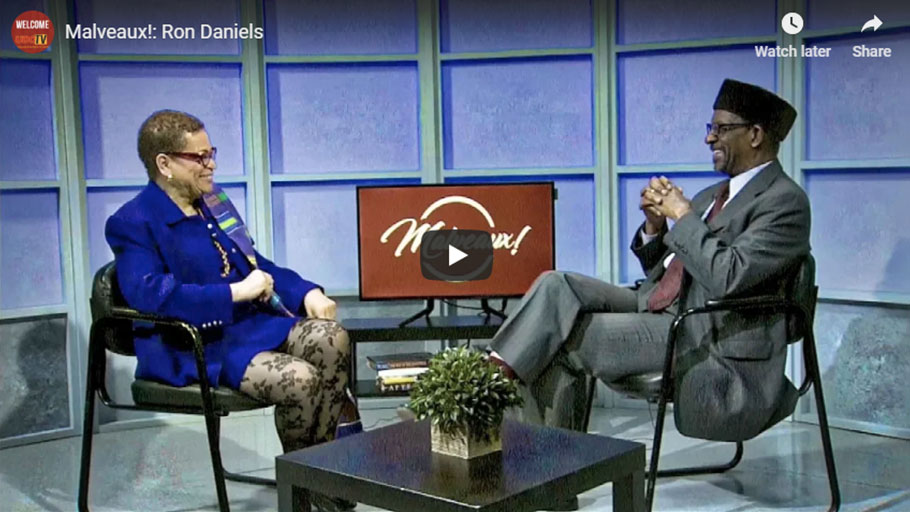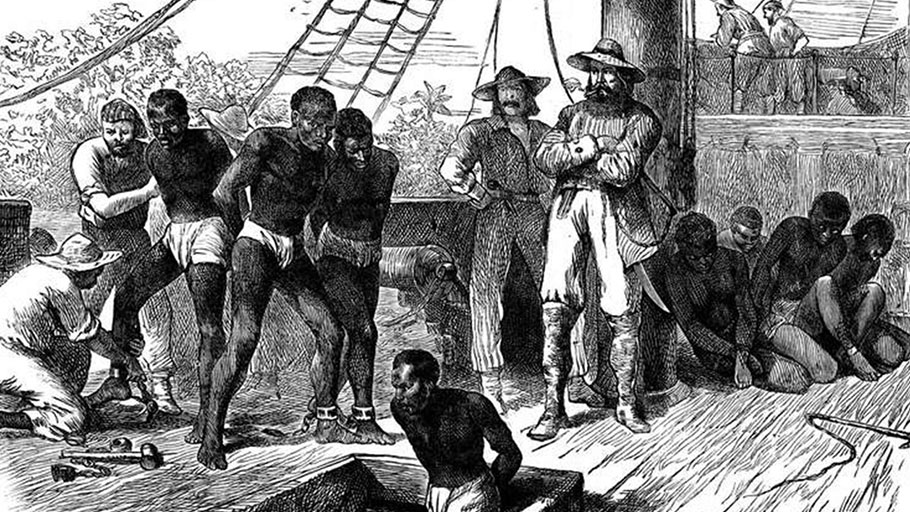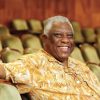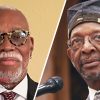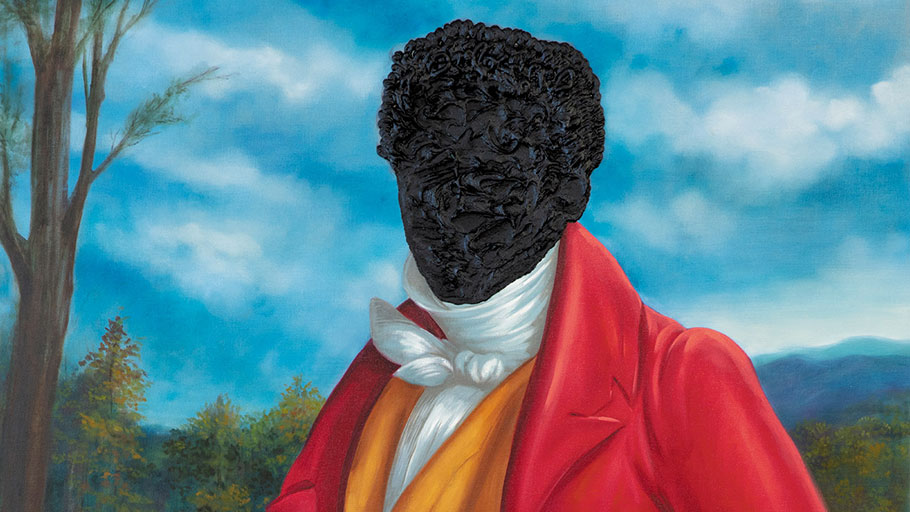
By Nicholas Guyatt — Were the Founding Fathers responsible for American slavery? William Lloyd Garrison, the celebrated abolitionist, certainly thought so. In an uncompromising address in Framingham, Massachusetts, on July 4, 1854, Garrison denounced the hypocrisy of a nation that declared that “all men are created equal” while holding nearly four million African-Americans in bondage. The US Constitution was hopelessly implicated in this terrible crime, Garrison claimed: it kept free…

